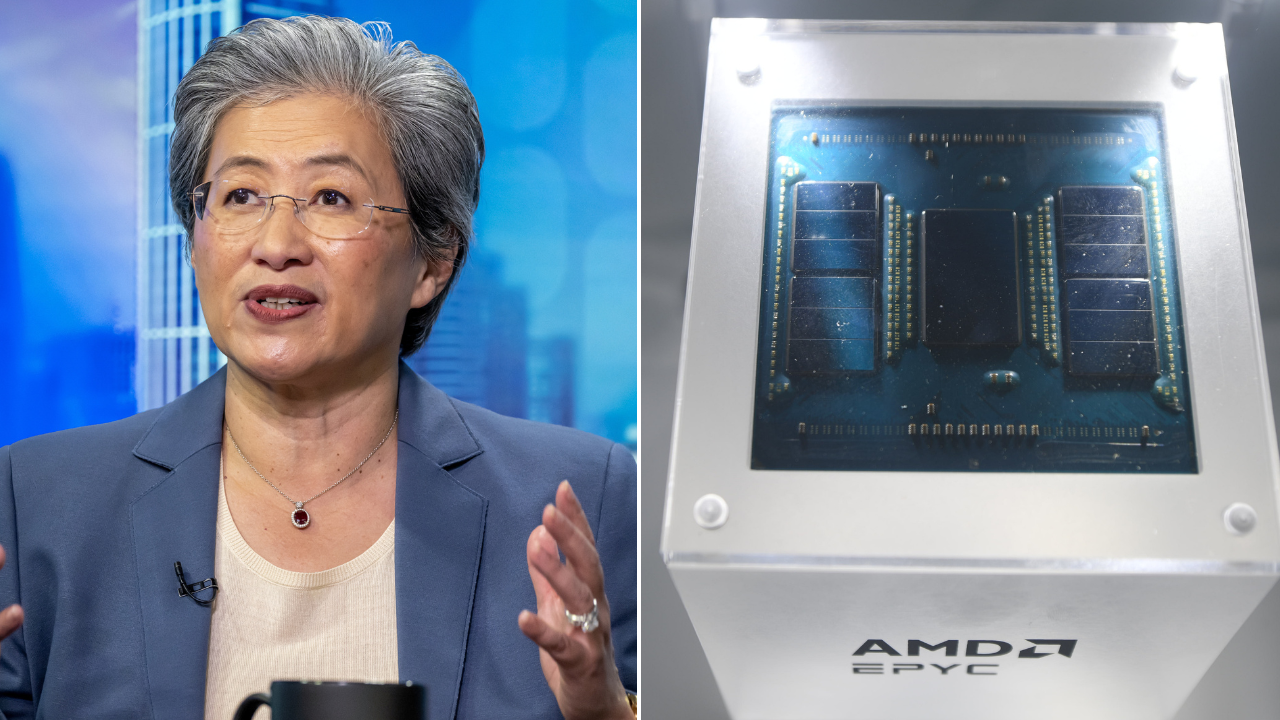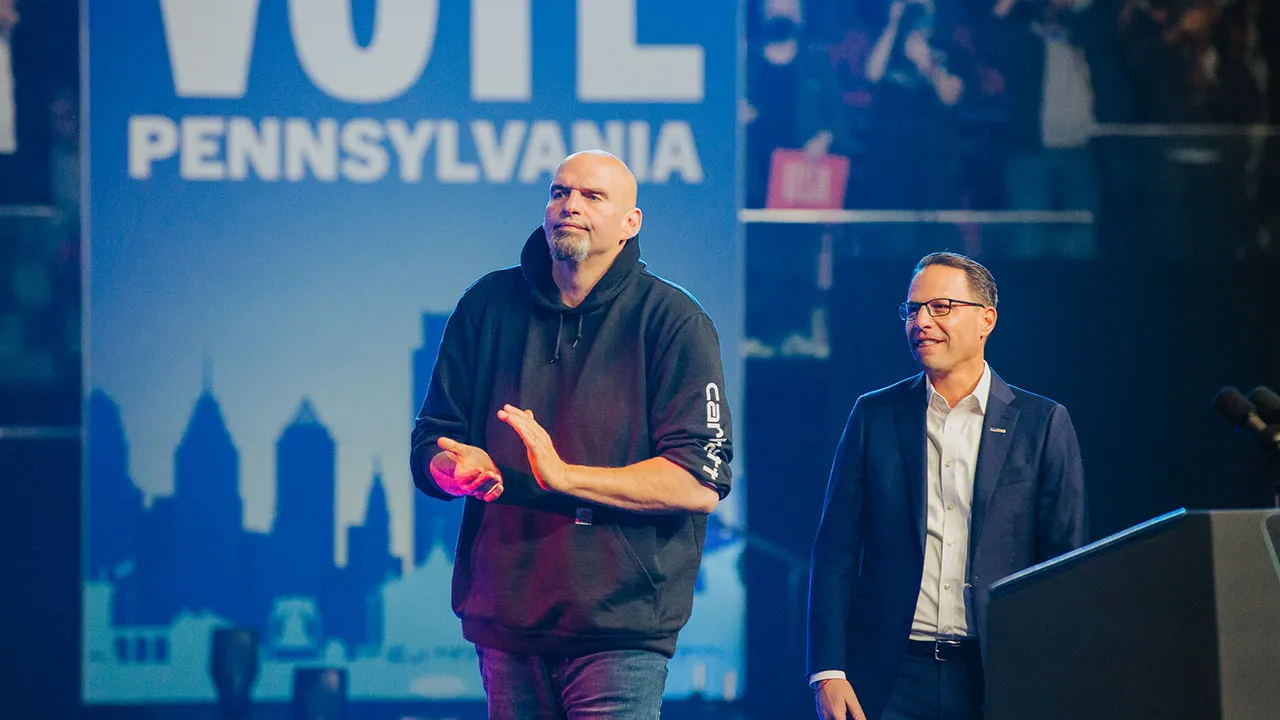Heather Gay dove deep into the dark side of Mormon life in her new docuseries, Surviving Mormonism.
Fans of The Real Housewives of Salt Lake City are likely familiar with Heather’s experience with the Church of Jesus Christ of Latter-day Saints. Since leaving the church behind, she’s shared her own stories on TV and in her books, Bad Mormon and Good Time Girl, and has spoken openly about some of the institution’s shortcomings.
In her Surviving Mormonism, available to stream on Peacock, the reality star admitted she didn’t expect to become “the public voice of Mormon critical thought.”
“Being forced to leave my faith and talk about it publicly shaped who I became,” she continued. “That’s been both incredibly transformative, but also it’s been really hard.”
Heather explained that she wanted to use her platform to make a difference. “There’s just an endless sea of people who have been hurt by the church, and no one’s done anything about it,” she said in the first episode. “What fascinates me is the church’s ability to get away with it and for everyone that speaks out against it to just end up screaming into the void.”
Throughout the docuseries, Heather was introduced to other former Mormons who survived alleged sexual abuse, homophobia and other controversial practices that seemingly go against the church’s “image of inclusivity, acceptance [and] love.”
“If the Mormon church wasn’t f***ed up, I would have stayed,” Heather admitted.
Scroll down for some of the most shocking revelations from Surviving Mormonism With Heather Gay:
If you or someone you know has been sexually assaulted, contact the National Sexual Assault Hotline at 1-800-656-HOPE (4673).
Gay Conversion Therapy
Heather met with David Mathison, who she described as being “one of the pioneers of the gay conversion therapy movement” within the Mormon world. David led a conversion program called Evergreen, but he eventually came out as gay himself and became an outspoken critic of the Mormon church.
“The guy that was teaching conversion therapy for and on behalf of the church was actually gay all along?” Heather remarked, recalling that she had friends growing up who “suffered from same sex attraction,” as LDS followers would say.
David noted that his family went back “several generations” in Mormonism and was taught to believe being gay was “unnatural” and “disgusting.” He was 23 years old when he “admitted” his sexuality to himself.
“I get married. [My bishop said], ‘You probably don’t need to tell her about the same sex attraction because it’s probably just gonna go away,’” David recalled. “He says, ‘Don’t worry about it, that’ll go away when you start having normal sex.’ … A year later, I’m like, ‘It didn’t go away.’”
When David confessed his feelings to his wife, she “cried” and told him they could still “make it work.” After Evergreen was founded, the couple became David and his wife “became the poster couple for mixed orientation marriage.”
Heather brought up rumors that the Evergreen “retreats” were spaces for men to hook up, but David claimed he never experienced anything like that. “Did that stuff happen? I’m sure,” he added.
Heather’s Divorce
Heather referred to herself as a “cradle Mormon,” meaning she was raised in the religion since birth. The Mormon belief in family shaped Heather’s vision for her own future.
“The second I met someone that was willing, I knew that I had the capacity to make any marriage work because I loved God, I loved being Mormon, I was good at being Mormon,” she told the cameras. “But I was very, very wrong.”
Heather was married to ex-husband Bill for more than a decade before their 2011 separation. The couple, who share three daughters, finalized their divorce in 2014.
“About three days into my marriage, I realized that we were fiercely, deeply incompatible,” she confessed. “I thought he was marrying me for all the reasons he wasn’t, and I was marrying him for all the reasons he did not want to be a husband.”
Abuse in the Church
During the second episode, Heather spoke with Ben, the partner of a close friend, who had been “really traumatized and abused” while growing up in the Mormon church. “I remember hearing it and just not wanting to hear it,” Heather admitted of first learning about Ben’s experience.
Ben acknowledged that “it’s difficult” to reckon with what he went through. He went on to reveal that he was 4 years old when he started being sexually abused by a man named Jess. “It lasted until I was 9,” he continued. “The first time I remember being abused, I remember being in my Sunday school class and a man coming in and getting me and another girl and taking us to a field by the church. And I can just remember his face being right there above mine.”
Overcome with emotion, Ben alleged he was sometimes abused alone and sometimes “with other kids.” Ben explained that he kept the abuse quiet, believing he “had committed sin that was next to murder” by having sex. “And then being taught by my abusers that if I were to speak out, I would get excommunicated,” he added.
Ben recalled another instance where Jess gave him “a Sunday school lesson” about marriage involving a 12-year-old girl. “She had a veil pulled over [her face] … and he married her. And then said, ‘This is what we do after we get married,’ and he raped her,” Ben claimed.
While there were no consequences for Jess from the church — despite the abuse being reported — another alleged victim filed a lawsuit in 2017. According to the docuseries, the lawsuit was settled. By 2019, Jess was excommunicated from the Mormon church.
Following her conversation with Ben, Heather realized the same thing “could have happened to thousands of children” who grew up Mormon. “I think we are trained to just look the other way,” she admitted.
Heather later sat down with sisters Jennie and Lizzy, who were abused by their father. “My dad himself told me he always knew he would abuse his child if he had a daughter. He never went for help … he just hoped he would never have the opportunity,” Lizzy claimed. “He used the church’s teachings as a way to make the abuse normal.”
Despite multiple reports to the church and an excommunication, police weren’t involved. Lizzy and Jenny’s mother was “counseled” to stay in the marriage. Eventually, Lizzy filed a police report. Her father was sentenced to 32 years in prison.
“For 21 years, people knew what this man was doing,” Heather said, wiping her eyes. “Bishops, stake presidents, men that know better. You told one detective and he was arrested within six months.”
Calls From the Bishop
Heather remembered being “called in” to her bishop “all the time” as a teenager because he had “this spiritual impression” that Heather was masturbating, which would go against their beliefs.
“Even though I was in a closed room with a 50-year-old man, my dad’s best friend, directly asking me about masturbating,” Heather recalled, “I made a choice right then and there to not feel weird about it and not make him creepy. Because that’s the last thing I wanted.”
The Floodlit Database
During a conversation with a former bishop named Nick, Heather learned about a platform called Floodlit. “I thought it was some program the church had instituted in order to keep track of sexual predators within the church and to keep their members safe. And I thought, ‘Wow, how progressive,’” Heather said as she scrolled the website.
She soon realized her assumption was wrong. Floodlit is an independent site, with Nick noting that it lists members of the church who have been convicted of different “forms of pedophilia.”
“I didn’t have any idea that abuse was so prevalent in the church. I heard about stories, but never in numbers like this,” she said.
Nick further opened up to Heather about his decision to step down from his bishop role, saying, “I saw things that [made me think], ‘This is happening? What?’ Eye-opening on a number of levels … It just didn’t sit well with me.”
Being in a Cult
In episode 3, Heather shared how her views on Mormon life “shifted” after speaking to fellow survivors. “I’m terrified of the word ‘cult,’” she admitted. “If we could have a conversation around cult techniques and cult behavior and if it didn’t eradicate the beautiful parts of my childhood and the wonderful things my parents did for me, I would just say it easily.”
Heather continued through tears, “My parents were in a cult. They raised our entire family in this cult. And it’s really, really, really hard to get out of. It doesn’t mean that my childhood was tainted or that my parents were bad people or that my family didn’t have real love or real experiences, but I was raised in a cult.”
Heather added that she hoped to shine a light on the experiences of others. “Giving victims a platform and an opportunity to tell their stories is, I think, the biggest act of resistance that you can do,” she said. “These stories should be heard. And the church is never gonna hear them, but the world can.”














